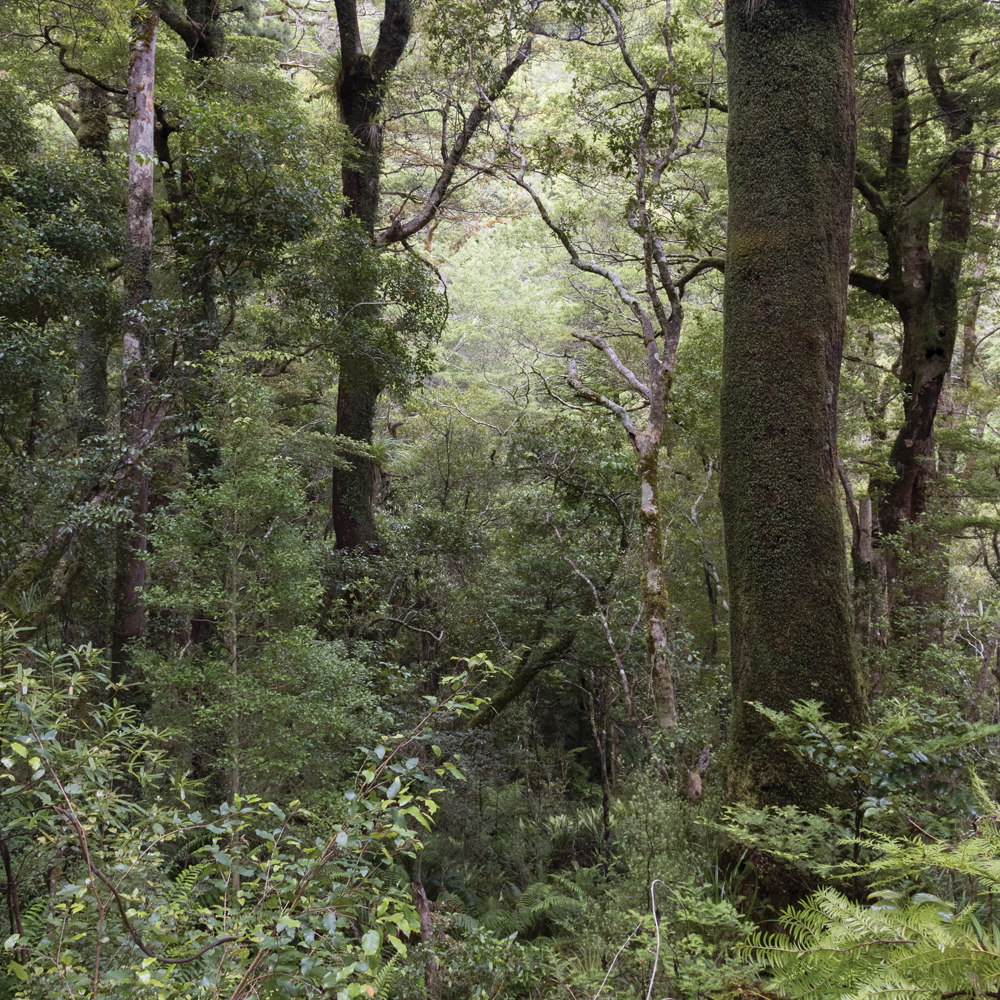sil·vuhn | /ˈsɪl vən/

To be sylvan is to be of or related to woodlands. It stems from the Latin sylva, meaning wood or forest – hence Sylvanus, the Roman god of the woods. It’s the origin of the names Sylvia and Sylvester as well as the place names Pennsylvania (Penn’s woodlands) and Transylvania (beyond the forest).
It was adopted into medieval English as a noun for a mythological woodland deity, probably from the French sylvain, meaning of the forest. Over time, it morphed into an adjective used to describe all things nemoral* such as a sylvan glade, the sylvan wolves and so on.
Sylvanus’s identity also changed over time. Akin to the Greek gods Silenus and Pan, he was originally associated with the unnerving wilderness bordering settlements. As the settlements expanded further into the woodlands, Sylvanus too was partly tamed – expanding his realm to encompass boundaries, woodland pastures, and even parks and gardens.
Sylvan features in a number of great works of poetry, including Milton’s epic Paradise Lost and Keats’ Ode on a Grecian Urn, in which he writes:
“Thou still unravish’d bride of quietness,
Thou foster-child of silence and slow time,
Sylvan historian, who canst thus express
A flowery tale more sweetly than our rhyme”
* Nemoral has a similar meaning as sylvan – of or relating to woodlands. Derivations include nemophilist (one who loves woods) and (nemorivagant) one who wanders through the woods.
Introduction Aeolian Alpenglow
Benthos Crepuscular Crispate Crown shyness
Desire lines Dreich Endragoned Edgelands
Frondescence Fumarole Gluggaveður Gossamer
Karst Komorebi Lawrence Long acre
Machair Monkey’s wedding Moonglade
Psithurism Quartz Rakuyou Roaring forties
Snag Soft estate Specular, diffuse and pellucid
Spoondrift Steam fog Swash zone Sylvan
Tellurian and thalassic Terracettes Uliginous